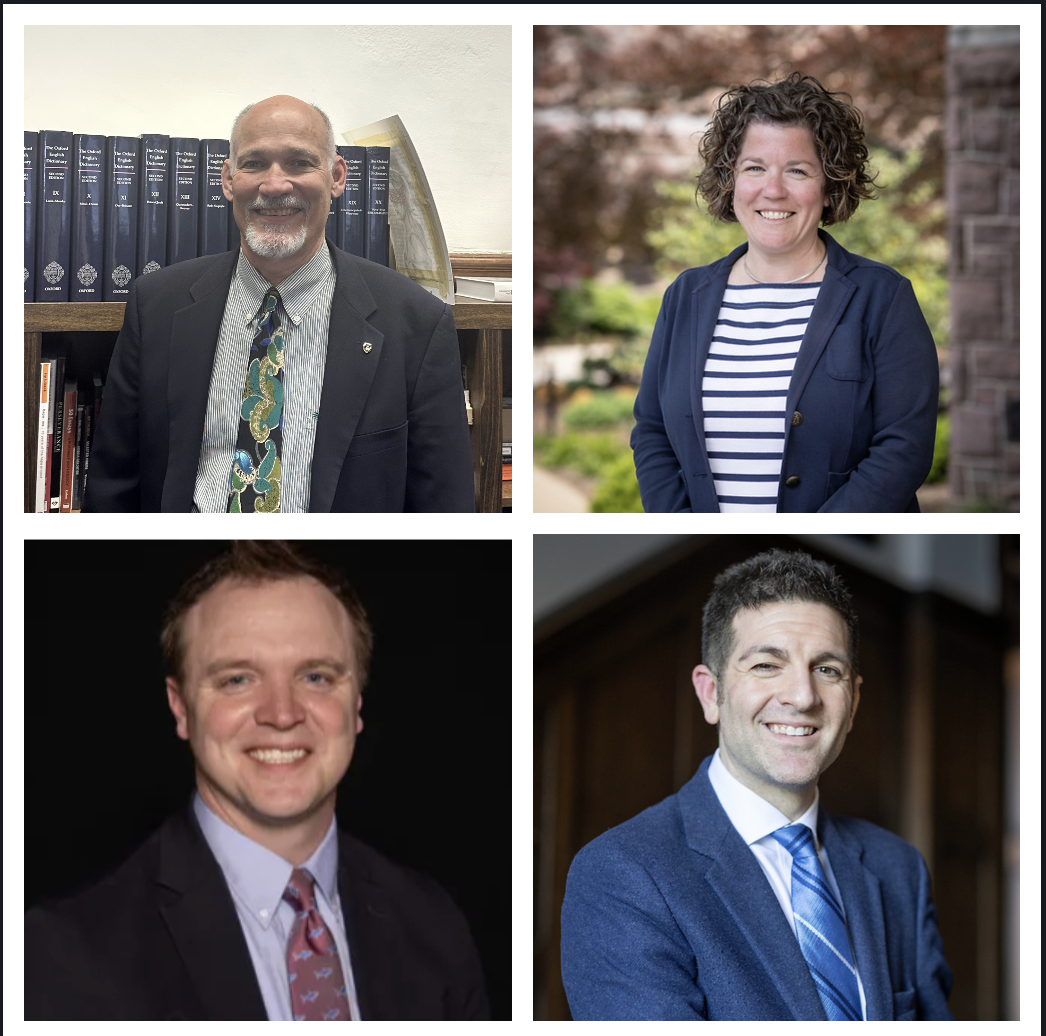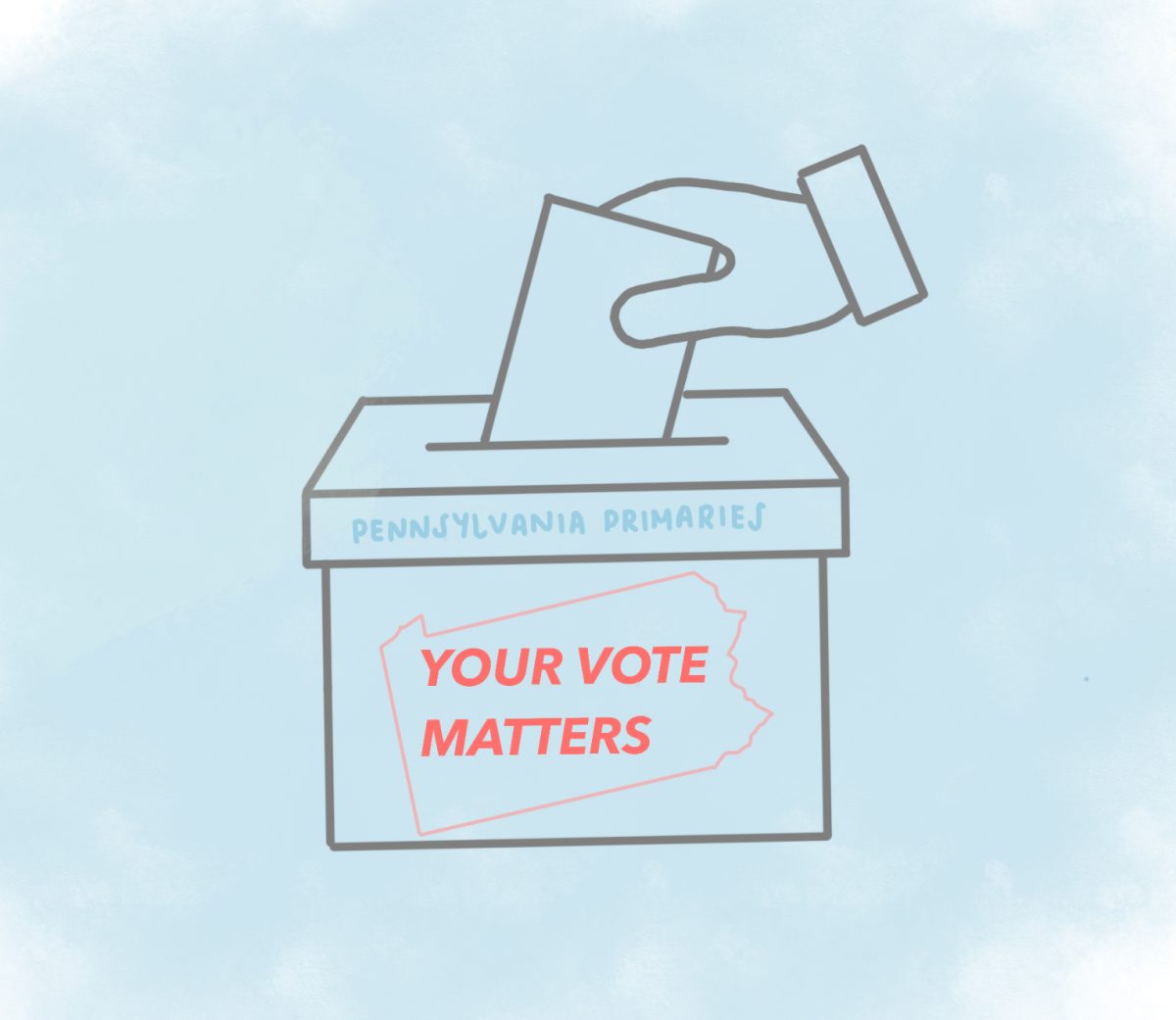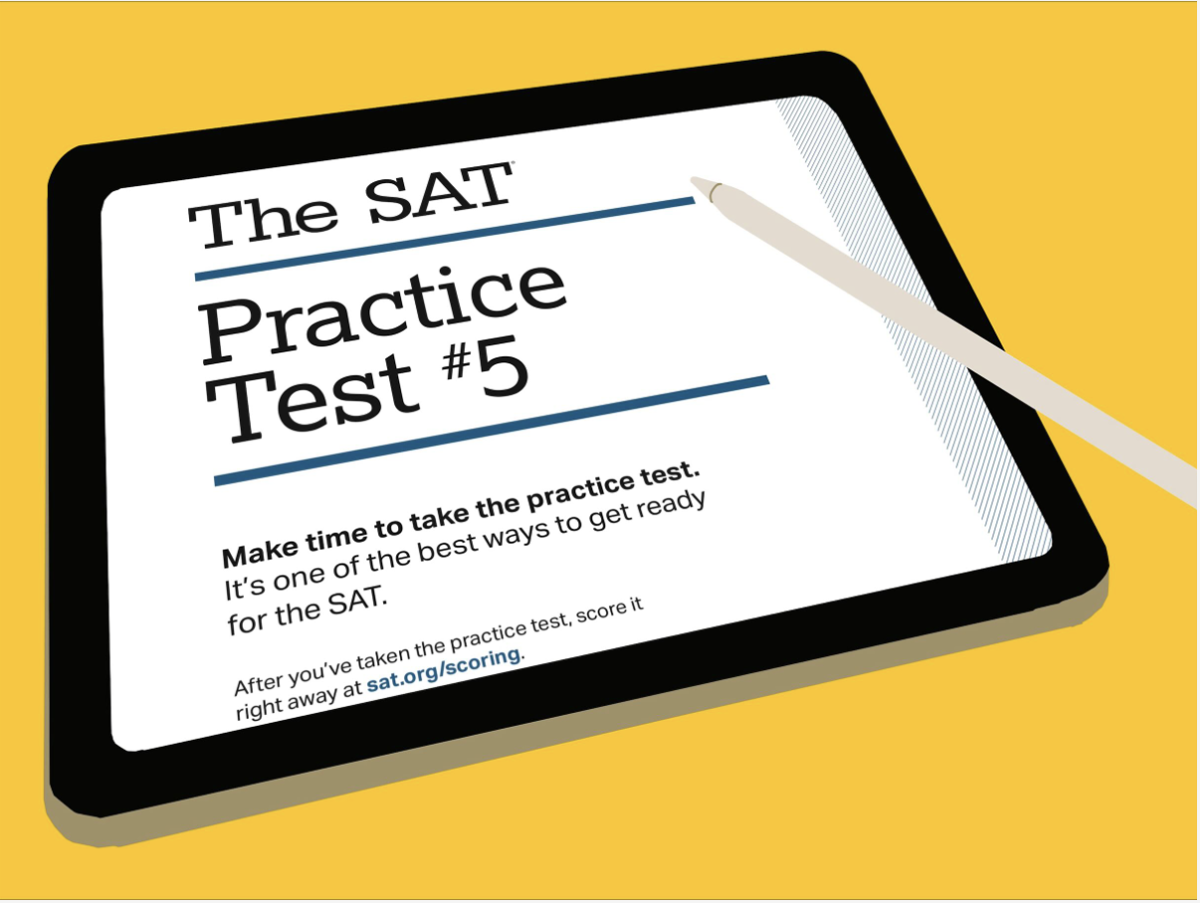Resolving the “required volunteerism” paradox
Media: Lal Yatagan '21
Listlessly raking leaves in a town park, I struggled to understand how mandated labor would translate to gaining admission to a top university. Initially, I convinced myself that my rake and I were truly making a difference. Now, a battle-hardened conscripted “volunteer,” I know better.
Being a dedicated volunteer ostensibly gives students an edge in college applications. With the best intentions in mind, high schools of all stripes have created a rather oxymoronic phenomenon: required volunteerism, a transparently laughable construct. Volunteer work is by definition freely given, coming from the heart — a proud American tradition. Though some may categorize our society as starkly individualistic, Americans characteristically volunteer their time to build stronger communities. Requiring students to volunteer is an exercise in wasting time and making everyone involved miserable.
Required volunteerism should be a means to ignite the spark of caring that will cultivate a lifelong volunteer, not simply a blatant means to get into college. Writing in the Times, Frank Bruni illustrates the ridiculous lengths wealthy students believe they need to take to get into top universities, including service trips to impoverished countries to show “care” for foreign youth, whereas years of dedicated volunteering at local institutions would do more good.
I’m not naive enough to suggest eliminating required volunteerism. There are indications that its benefits outweigh the drawbacks. Students may discover a lifelong passion or career calling. Psychology Today reassures that “the types of experiences youth have within their community service activities may matter more than whether participation is mandatory,” leading to the assumption that required volunteerism isn’t unjustified. Instead of abolishing required volunteerism, we should improve its implementation.
Volunteering shouldn’t feel like a punishment but rather an intrinsically rewarding pastime. School districts should empower young volunteers with more decision-making power. A Psychological Science study found that strong perceptions of external control inhibited students’ enjoyment of volunteering and discouraged future intentions to volunteer. Forcing volunteers into arbitrary roles negatively impacts productivity, spreading pessimistic sentiment which hurts those in need. Volunteers should choose among a slew of meaningful opportunities, selecting those that align with their skills, which could lead to a fulfilling career or academic major. Students should be granted control over decision-making within their chosen organization, from how to invest funds to contributing during strategy meetings. In poorer school districts, required volunteerism becomes an economic challenge. Therefore, the district should cover all associated transportation fees, provide free meals, and allow students to set appropriate schedules for themselves.
Recognizing committed volunteers with accolades or write-ups in newsletters will act as real, meaningful awards. Together, these beneficial reforms would cultivate generations of lifelong volunteers who truly care about improving their communities rather than blindly striving to look good for colleges.





























